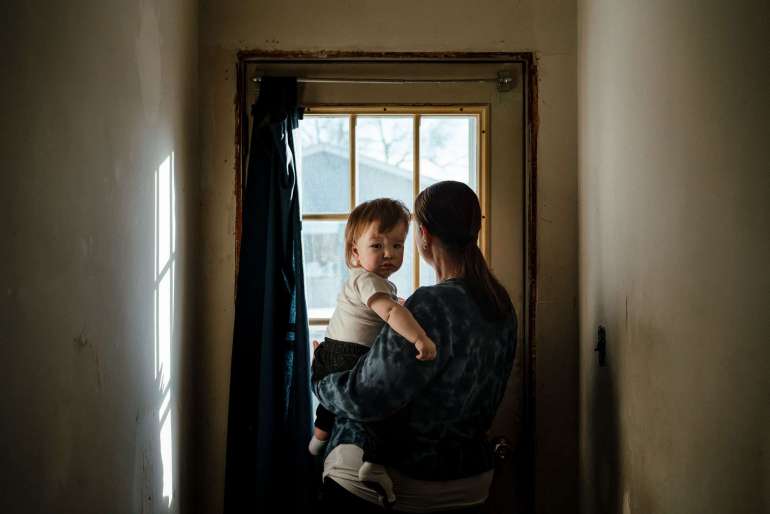‘I know firsthand they failed’: Parents decry lack of FDA action on infant formula safety

There is still no single official clearly in charge of food at FDA, and the agency suffers from serious organizational and cultural problems that make it painfully slow to get just about anything done, as a POLITICO investigation found earlier this year. These findings were confirmed this month in a major outside review of FDA’s foods program, sparked in part by POLITICO’s reporting on the FDA and the infant formula disaster, that was conducted by the Reagan-Udall Foundation, a nonprofit that supports FDA.
“The lack of a single clearly identified person to lead the human foods program has adversely impacted the organizational culture and led to overlapping roles and competing priorities that result in what is perceived as constant turmoil,” concluded the expert panel, which was led by Jane Henney, who served as FDA commissioner during the Clinton administration.
FDA Commissioner Robert Califf, who last summer asked for the outside review of the foods program, said this month he is mulling structural changes at the agency and plans to outline a “new vision” for the foods side of FDA in late January.
In the case of infant formula, the Reagan-Udall Foundation panel determined these organizational problems hindered the agency’s response: “A review of events indicates that lack of communication and engagement across the agency accounted, in part, for missteps.”
“While it appears that staff at all levels sought to follow the rules and procedures within their division, there was little motivation, and apparently no requirement, to share information and interact across the agency to facilitate critical thinking and proactive decision-making,” the panel found. “This is especially problematic in a crisis, where decisions should be made quickly and be vetted properly.”
These findings follow numerous POLITICO reports of a slow FDA response. The first infant hospitalization was reported to the FDA in September 2021. The following month, a whistleblower warned several FDA officials about food safety problems in the Sturgis plant, but the warnings were not heeded. It would be four months until the FDA would go into the plant to conduct a for-cause inspection, in late January, and nearly five months before products were recalled, Feb. 17. In the meantime, three more illnesses were reported, including two infant deaths.
FDA inspectors had coincidentally been in the Sturgis plant the very week in September that first illness was reported by health officials in Minnesota, one of only two states that mandate all Cronobacter sakazakii cases are reported. Inspectors, who were not told about the sick infant, found some issues in the plant, but nothing serious enough to warrant regulatory action. When inspectors returned in late January, they found numerous food safety violations and five strains of Cronobacter in 20 different places, though the agency said none matched the two cases for which they had DNA evidence. The agency has still not explained why these problems were not caught during its routine inspection four months earlier.
In its statement, the FDA put the responsibility for safety on the manufacturers: “Ultimately, when problems are found it is the responsibility of the firm to correct those issues to keep consumers safe, as FDA investigators cannot be always present.”
Infant formula plants are typically inspected at least once per year.
FDA also conducted its own internal review of the agency’s handling of the infant formula situation, finding that the agency needed more resources, better technology and better communication to handle such an emergency, though the report was devoid of specific details about what had gone wrong.